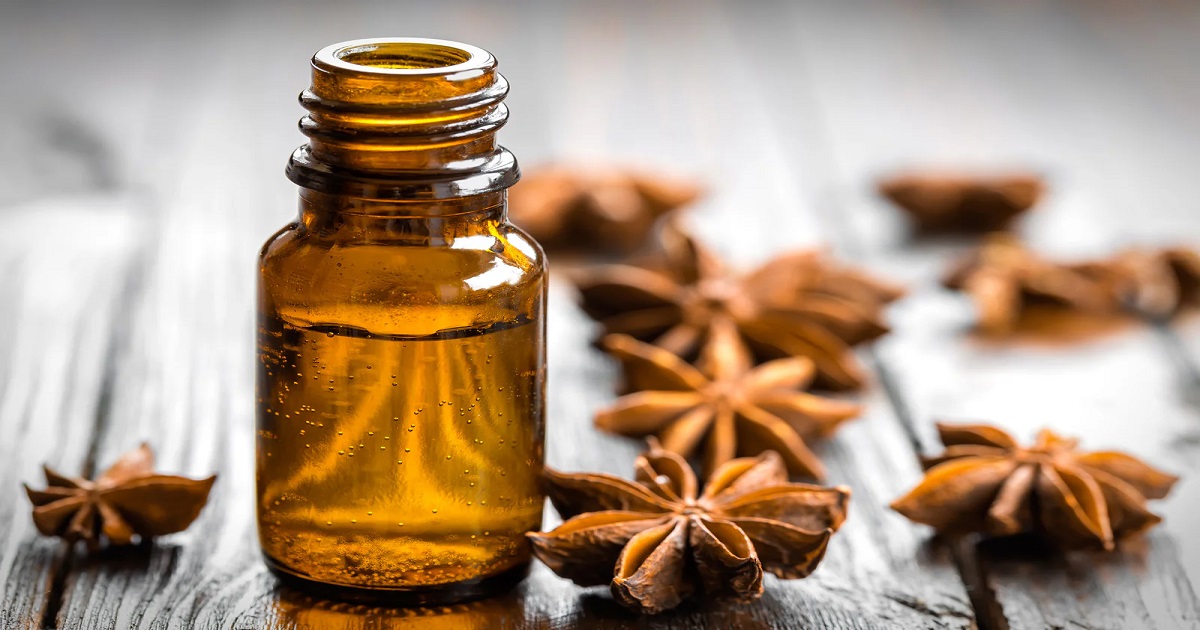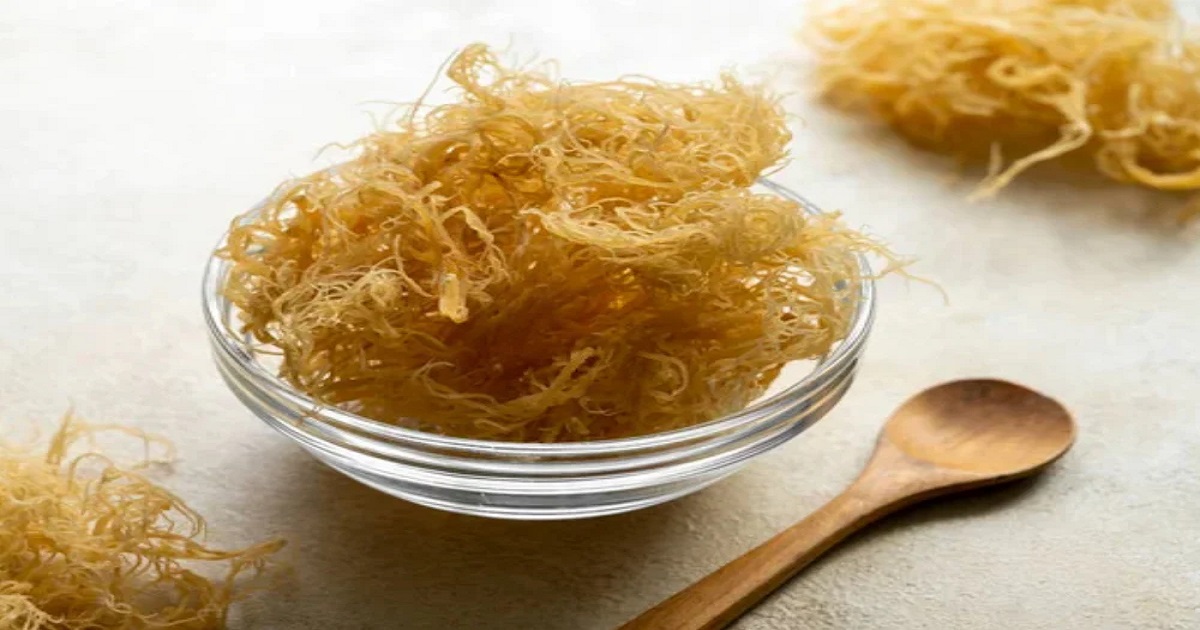Introduction to Anise Oil
Anise oil, derived from the seeds of the Pimpinella anisum plant, is a highly aromatic essential oil with a rich history dating back centuries. Its distinct licorice-like scent and flavor have made it a staple in various cultures around the world.
Chemical Composition
Anise oil boasts a complex chemical profile, with its primary compounds including anethole, estragole, and methyl chavicol. These compounds not only contribute to its unique aroma but also offer various therapeutic benefits.
Health Benefits
Digestive Aid
Anise oil is renowned for its digestive properties, aiding in relieving bloating, gas, and indigestion. Its carminative effects help soothe the digestive tract and promote healthy digestion.
Respiratory Benefits
Inhalation of anise oil vapor can help alleviate respiratory issues like coughs, congestion, and bronchitis. Its expectorant properties assist in loosening mucus and clearing the airways.
Antimicrobial Properties
Anise oil exhibits potent antimicrobial activity, making it effective against bacteria, fungi, and viruses. It can be used topically to treat minor skin infections or added to cleaning products for its disinfectant properties.
Culinary Uses
Anise oil is a popular flavoring agent in culinary creations, imparting a sweet, licorice-like taste to dishes and beverages. It is commonly used in baking, confectionery, and alcoholic beverages like absinthe and ouzo.
Cosmetic and Aromatherapy Applications
Skin Benefits
Anise oil is valued in skincare for its antiseptic and antioxidant properties. It can help combat acne, reduce inflammation, and promote youthful-looking skin when diluted and applied topically.
Aromatherapy Benefits
The aromatic scent of anise oil is believed to have calming and mood-enhancing effects. It is often used in aromatherapy to alleviate stress, anxiety, and insomnia, promoting relaxation and mental well-being.
Anise Oil in Traditional Medicine
Throughout history, anise oil has been used in traditional medicine for its wide range of therapeutic benefits. From ancient civilizations to modern herbalism, it has been employed to treat digestive issues, respiratory ailments, and even to promote lactation in nursing mothers.
Production and Extraction
Anise oil is typically extracted through steam distillation of crushed anise seeds. The process yields a concentrated oil with a potent aroma and flavor. Major producers include Spain, Turkey, and Egypt.
Safety and Precautions
While anise oil is generally considered safe for use, it should be diluted before topical application to prevent skin irritation. Ingestion should be in moderation, as excessive consumption may lead to nausea or allergic reactions.
Buying Guide
When purchasing anise oil, it is essential to choose a high-quality, pure product. Look for reputable brands that offer organic options and ensure proper labeling with the botanical name, extraction method, and purity percentage.
Storage and Shelf Life
To preserve the potency of anise oil, store it in a cool, dark place away from direct sunlight and heat. Properly sealed bottles can maintain their quality for up to two years, though it’s best to use it within one year for optimal freshness.
Sustainability and Ethics
As the demand for anise oil grows, it’s crucial to consider its environmental impact and support sustainable cultivation practices. Look for ethically sourced products that promote fair trade and environmental stewardship.
Anise Oil Varieties
Anise oil comes in various forms, including pure essential oil, infused oil, and extract. Different varieties may vary in potency and flavor profile, depending on factors such as origin and extraction method.
Comparative Analysis
While anise oil shares similarities with other essential oils like fennel and licorice, each has its unique characteristics and uses. Understanding these differences can help you choose the right oil for your specific needs.
Future Trends
With ongoing research uncovering new therapeutic applications and the growing popularity of natural remedies, the future of anise oil looks promising. Expect to see an increase in its use across various industries, from healthcare to cosmetics.
Conclusion
Anise oil stands out not only for its delightful aroma and flavor but also for its numerous health and wellness benefits. Whether used in cooking, skincare, or aromatherapy, its versatile nature makes it a valuable addition to any home.



